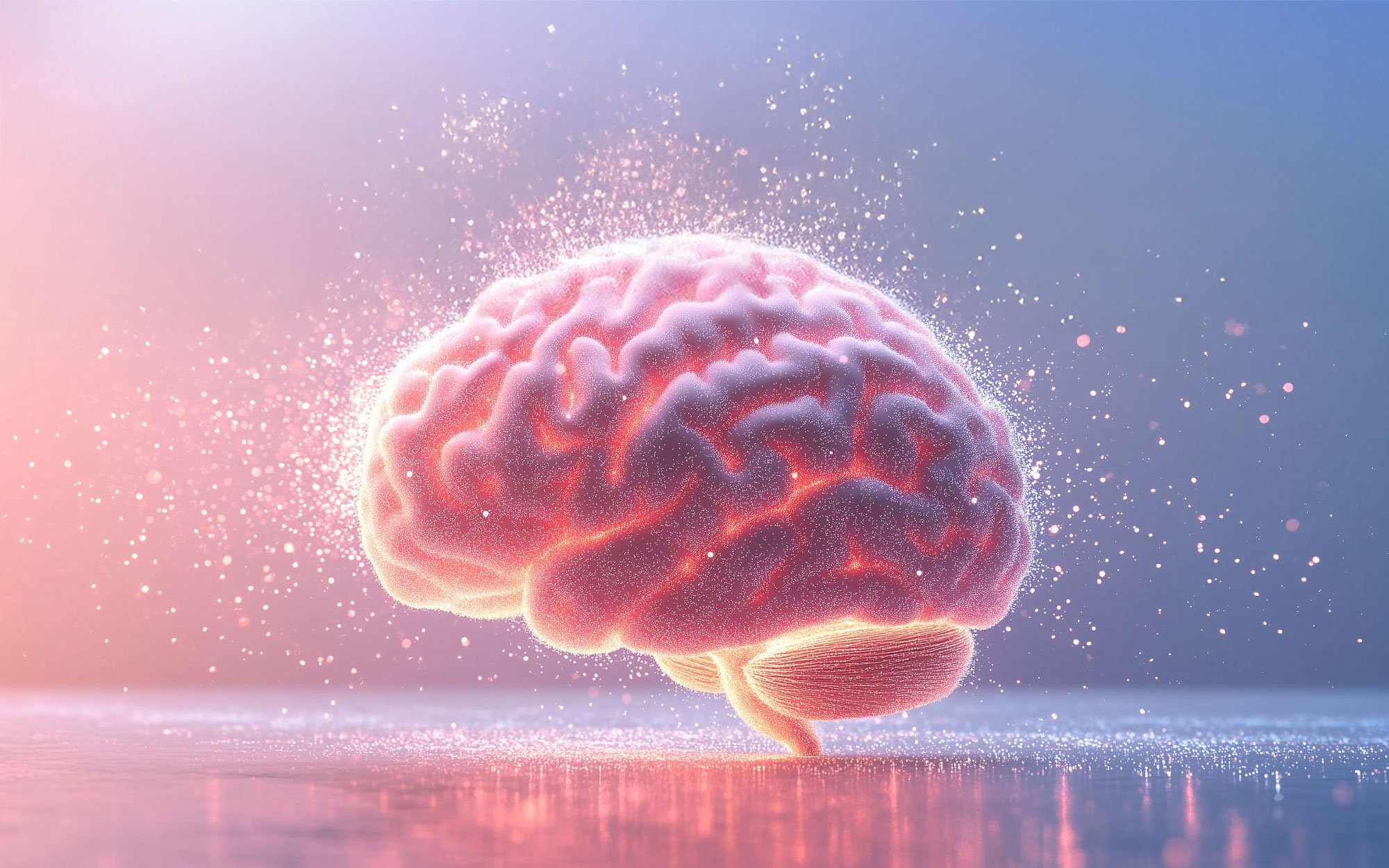Autism-linked genes evolved rapidly in humans. They may have aided brain growth and language.
A recent study published in Molecular Biology and Evolution by Oxford University Press suggests that the relatively high prevalence of Autism Spectrum Disorders in humans may be rooted in evolutionary history.
In the United States, roughly one in 31 children (3.2%) has been identified with Autism Spectrum Disorder, while global estimates from the World Health Organization place the rate at about one in 100 children.
From an evolutionary standpoint, many scientists argue that autism and schizophrenia may be conditions unique to humans. Behaviors linked to these disorders are rarely observed in non-human primates, and they typically involve advanced cognitive skills such as language production and comprehension—abilities that are either exclusive to humans or far more complex in our species than in others.
Genetic changes in human brain
The development of single-cell RNA sequencing has made it possible to classify specific types of brain cells in unprecedented detail. As large-scale datasets accumulated, researchers uncovered the extraordinary diversity of neuronal cell types within the mammalian brain. These same sequencing efforts also revealed sweeping genetic changes unique to Homo sapiens—genomic elements that remained relatively stable across most mammals but underwent rapid evolution in humans.
Earlier work showed that some neuronal cell types have stayed relatively stable through evolutionary time, while others have changed more rapidly. What caused these differences, however, was not well understood. In this study, researchers analyzed recently released cross-species single-nucleus RNA sequencing data from three distinct regions of the mammalian brain.
They discovered that the most common neurons in the brain’s outer layer, known as L2/3 IT neurons, experienced unusually rapid evolutionary change in humans compared with other apes. Strikingly, this rapid evolution coincided with significant modifications in genes linked to autism, changes likely shaped by natural selection acting specifically on the human lineage. While the findings point strongly toward selection favoring autism-associated genes, the evolutionary advantage these changes may have provided to human ancestors remains uncertain.
Development, cognition, and language
Answering this is difficult because we do not know what human-specific features of cognition, brain anatomy, and neuronal wiring gave human ancestors a fitness advantage, but the investigators here speculate that many of these genes are associated with developmental delay, so their evolution could have contributed to the slower postnatal brain development in humans compared to chimpanzees. Furthermore, the capacity for speech production and comprehension unique to humans is often affected by autism and schizophrenia.
It’s possible that the rapid evolution of autism-linked genes conferred a fitness advantage by slowing postnatal brain development or increasing the capacity for language; the lengthier brain development time in early childhood was beneficial to human evolution because it led to more complex thinking.
“Our results suggest that some of the same genetic changes that make the human brain unique also made humans more neurodiverse,” said the paper’s lead author, Alexander L. Starr.
Reference: “A General Principle of Neuronal Evolution Reveals a Human-Accelerated Neuron Type Potentially Underlying the High Prevalence of Autism in Humans” by Alexander L Starr and Hunter B Fraser, 5 September 2025, Molecular Biology and Evolution.
DOI: 10.1093/molbev/msaf189
Funding: NIH/National Institutes of Health, National Defense Science and Engineering Graduate
Never miss a breakthrough: Join the SciTechDaily newsletter.
